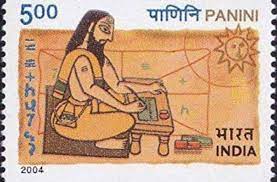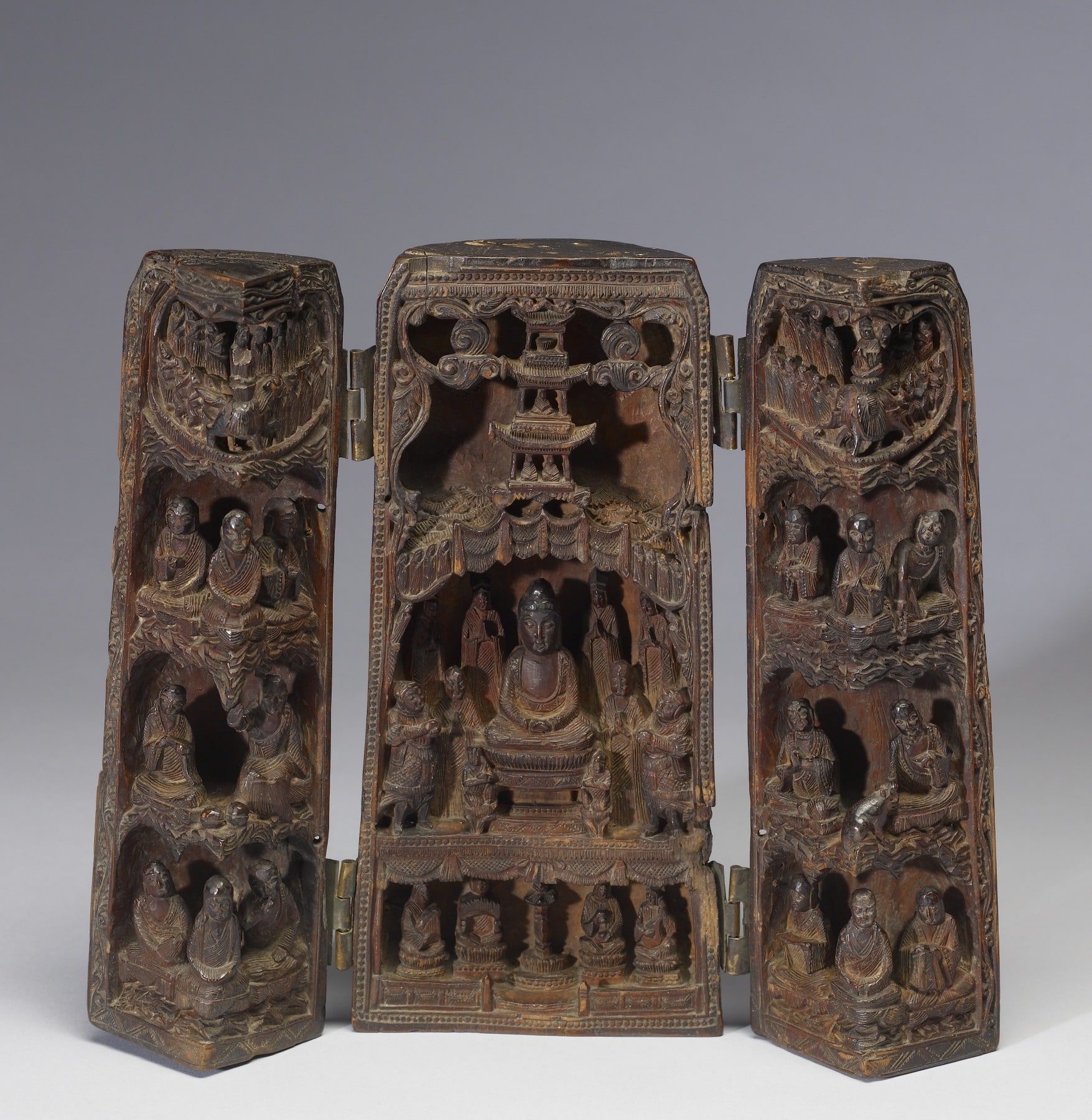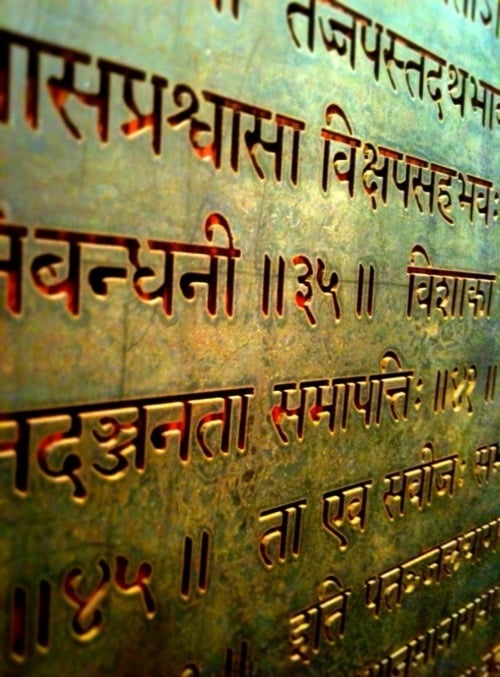Panini
Panini is a very well-known Sanskrit grammarian that literally changed the way that language functioned until the 20th century and helped to pave the way for many aspects of modern language as we know it. No one really knows when Panini was born or how he was raised, but most scholars place his birth around … Read more






